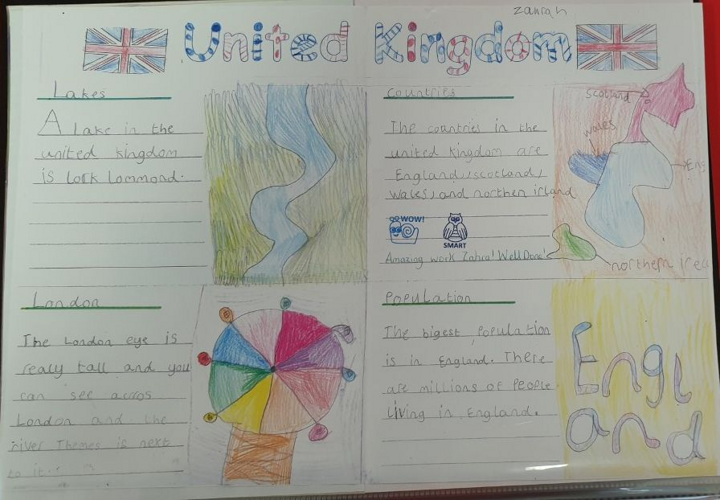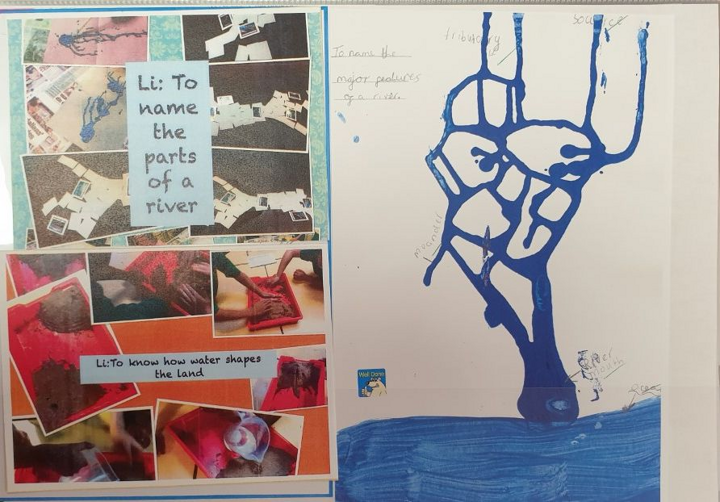![]()
Geography is a subject which opens our eyes to the wonderful world that surrounds us while encouraging us to look further afield to locations and civilisations across the globe. It helps children to gain a better understanding of our world’s places and environments, the people who live within it and the connections between them.
Geography encourages us to be explorers as we study and compare locations across the world. This gives children the chance to investigate the physical environments of specific areas in Europe, North America and South America. Each year group will study specific areas in a different region of the world.
As well as the physical aspects of our world, we also explore the human side. We investigate where humans live and how they affect the land and its use over time.
At Shawclough, we wish to instil a sense of place and belonging within our pupils, allowing them the opportunities to celebrate our local area and all that it offers. Through practical activities, engaging lessons and fieldwork experiences, our children will develop many key skills and a curiosity for their world and what the future of our home could look like.
By the end of Key Stage 1 our children will have used maps, globes and atlases to identify the four countries and capitals of the UK as well as the surrounding seas. They will have explored weather and seasonal patterns in the UK while also looking at hot and cold regions of the world. In addition to using basic geographical vocabulary to describe human and physical features, our children will use simple locational and directional language to describe areas around us, such as the school grounds.
By the end of Key Stage 2, where the skills and knowledge of KS1 are built upon, our children will develop ‘a knowledge and understanding beyond the local area’. Our children will have studied not only the locations of their given destinations, but will look at the topographical features such as mountains, rivers, and coasts and the land use patterns. Through this learning, children will have developed a more specialised geographical vocabulary for the human and physical features which they study. In addition to the maps, globes and atlases previously used, they will use a range of digital mapping and aerial photographs to study areas. In fieldwork, they will have the opportunity to observe, measure, sketch and record findings about features in our local area.
For more details about the aims and purpose of study for Geography, please follow the link below to the Geography National Curriculum for Key Stage 1 and 2.
https://assets.publishing.service.gov.uk/government/uploads/system/uploads/attachment_data/file/239044/PRIMARY_national_curriculum_-_Geography.pdf
Geography





